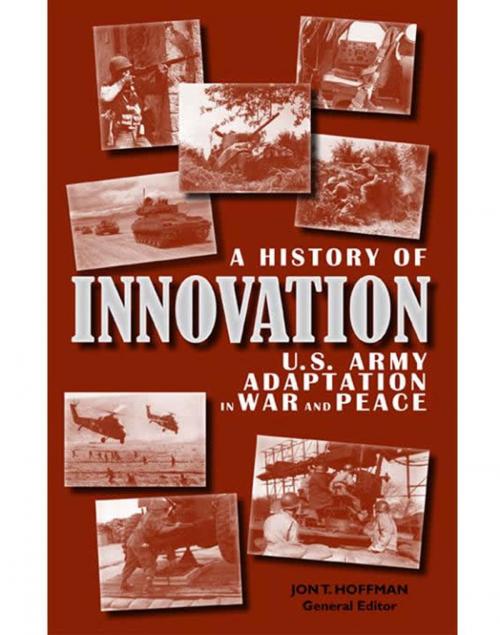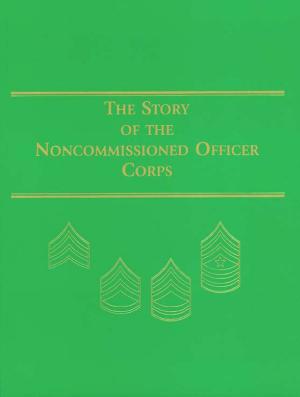A History of Innovation: U.S. Army Adaptation in War and Peace
U.S. Army Adaptation in War and Peace
Nonfiction, History, Military, Weapons, Science & Nature, Technology, Military Science, United States| Author: | Center of Military History (U.S. Army) | ISBN: | 9780160867224 |
| Publisher: | United States Dept. of Defense | Publication: | November 29, 2010 |
| Imprint: | Department of the Army | Language: | English |
| Author: | Center of Military History (U.S. Army) |
| ISBN: | 9780160867224 |
| Publisher: | United States Dept. of Defense |
| Publication: | November 29, 2010 |
| Imprint: | Department of the Army |
| Language: | English |
The U.S. Army has a long record of fielding innovations that not only have enhanced its effectiveness on the battlefield but also sometimes had an impact far beyond warfare. General Editor Jon T. Hoffman has brought together eleven authors who cover the gamut from the invention of the M1 Garand rifle between the world wars through the development of the National Training Center in the 1980s. While many books lay out theories about the process of innovation or detail the history of a large-scale modernization, the collection of fourteen essays in A History of Innovation: U.S. Army Adaptation in War and Peace fills a different niche in the literature. This work is neither a historical account of how the Army has adapted over time nor a theoretical look at models that purport to show how innovation is best achieved. Instead, it captures a representative slice of stories of soldiers and Army civilians who have demonstrated repeatedly that determination and a good idea often carry the day in peace and war. Despite the perception of bureaucratic inertia, the institution's long history of benefiting from the inventiveness of its people indicates that it is an incubator of innovation after all.
The U.S. Army has a long record of fielding innovations that not only have enhanced its effectiveness on the battlefield but also sometimes had an impact far beyond warfare. General Editor Jon T. Hoffman has brought together eleven authors who cover the gamut from the invention of the M1 Garand rifle between the world wars through the development of the National Training Center in the 1980s. While many books lay out theories about the process of innovation or detail the history of a large-scale modernization, the collection of fourteen essays in A History of Innovation: U.S. Army Adaptation in War and Peace fills a different niche in the literature. This work is neither a historical account of how the Army has adapted over time nor a theoretical look at models that purport to show how innovation is best achieved. Instead, it captures a representative slice of stories of soldiers and Army civilians who have demonstrated repeatedly that determination and a good idea often carry the day in peace and war. Despite the perception of bureaucratic inertia, the institution's long history of benefiting from the inventiveness of its people indicates that it is an incubator of innovation after all.















